How to Become an Indie Game Dev
If you’re an aspiring indie game developer, you’re probably most excited about the idea of the prospect of bringing your creative vision to life. However, turning that vision into a successful game can be a daunting task.
As an independent business making powerful tools and assets for developers worldwide, we at OccaSoftware understand the challenges of navigating the world of indie game development.
In the following sections, we’ll provide you with the important steps that you can follow to get started in the gaming industry, along with valuable insights and tips to help you succeed your dream career!
Understanding Indie Game Development
Indie games, short for independent games, are created by small teams or individuals without the backing of large gaming companies.
Unlike mainstream games, indie titles offer developers the creative freedom and flexibility in running their project. With a smaller team, you can explore innovative gameplay mechanics, captivating storylines and unique art styles.
Establishing a Solid Foundation
To start making games, you need to learn some basic things about game design, programming, and art. There are many helpful online resources, courses, and tutorials that can teach you these skills.
It’s especially helpful to become good at programming. This will include learning languages like C#, C++, or Python if you want to make games.
Crafting Your Game Idea
When it comes to creating a successful indie game, it starts with a compelling concept. Every game starts with a solid Game Design Document. Dedicate time to brainstorming and experimenting with various ideas, while also documenting your vision, mechanics and art style. Ultimately, your game should reflect your interests, creativity and storytelling prowess.
Developing a Strategic Plan
It’s essential to create a detailed development plan that outlines all the necessary steps. This plan should include realistic milestones, deadlines and resource allocations to ensure efficient progress and timely delivery.
However, stay flexible as unforeseen challenges may arise during the development process. Therefore, it’s crucial to plan for contingencies and have backup plans in place to mitigate the risks.
TLDR; a well-crafted development plan can help you stay organized, focused, and on track to deliver a successful game.
Mastering Game Engines and Tools
Familiarize yourself with game engines and development tools suited to your project’s requirements. Unity, Unreal Engine, Godot and GameMaker are popular choices among indie developers. Selecting the right tools will streamline your workflow and help enhance productivity.
Enhancing Coding and Artistic Proficiency
Regular practice and participation in courses or tutorials will refine your coding and artistic skills. Collaboration with other developers and artists provides valuable learning opportunities and fosters creativity.
Compiling a Diverse Portfolio
Assemble a diverse portfolio showcasing your projects, including screenshots, gameplay videos, and detailed descriptions. A compelling portfolio demonstrates your capabilities to potential collaborators, publishers, and players.
Networking and Collaboration
The gaming world is all about community, connections and creativity --it’s one of the most vibrant and dynamic communities out there.
Whether you’re a seasoned game developer or just starting out, there are many ways to get involved.
Attending gaming conferences is a great way to network with fellow game-makers and learn about the latest industry trends.
Participating in online game dev communities, such as Discord, is another way to connect with other gaming enthusiasts and get feedback on your work.
And, if you are looking to challenge yourself and hone your skills, joining game jams is a perfect opportunity.
Continuous Playtesting and Iteration
One important aspect of game development is incorporating regular playtesting.
By doing so, you can gather valuable feedback from players and use it to refine and improve your game project. Embracing iteration as a core principle of game development is crucial, as it allows for continuous improvement and a better overall gaming experience.
By addressing player feedback and making necessary changes, you can create a more engaging and enjoyable game.
Strategic Marketing and Promotion
Be a marketing expert (or work with one!).
Develop a marketing plan to build anticipation for your game’s release. One of the first steps to achieve this is to establish a strong presence on social media platforms that your target audience uses, be it Twitter, TikTok or Discord channel. This can be done by creating engaging posts and regularly updating your community members about the game’s development progress.
Another key component of the marketing plan is to create a dedicated website that provides detailed information about the game, including its features, release date and purchase options.
Lastly, engage with gaming influencers and journalists to promote the game and generate buzz around it. Effective marketing strategies maximize visibility and attract more players.
Launch and Post-Launch Support
Upon completion, release your game on platforms like Steam, Itch.io, or mobile app stores. Address any bugs or issues promptly and provide post-launch support to maintain player satisfaction. Stay attuned to player feedback and implement updates to enhance the game’s longevity.
Indie game development is a challenging yet rewarding field that requires a combination of technical skills, creative vision and business acumen.
To become a successful indie game developer, one must be willing to embrace the iterative nature of game development, stay up-to-date with industry trends and foster a supportive network in your community.
Approach game development with a strategic mindset and a willingness to take risks. By creating compelling gaming experiences that resonate with players, you have the potential to make a significant impact on the gaming industry.
Ultimately, the journey of indie game development is a testament to the power of imagination and creativity, and offers endless opportunities for growth and innovation.
So get started today! Who knows, you might just create the next big thing in the gaming world.
References and further reading:
- How to become an indie game developer by Alkson Studio
- How to kickstart your career in building indie games by Saffron Clacy
- https://www.rokoko.com/insights/how-to-become-indie-game-developer


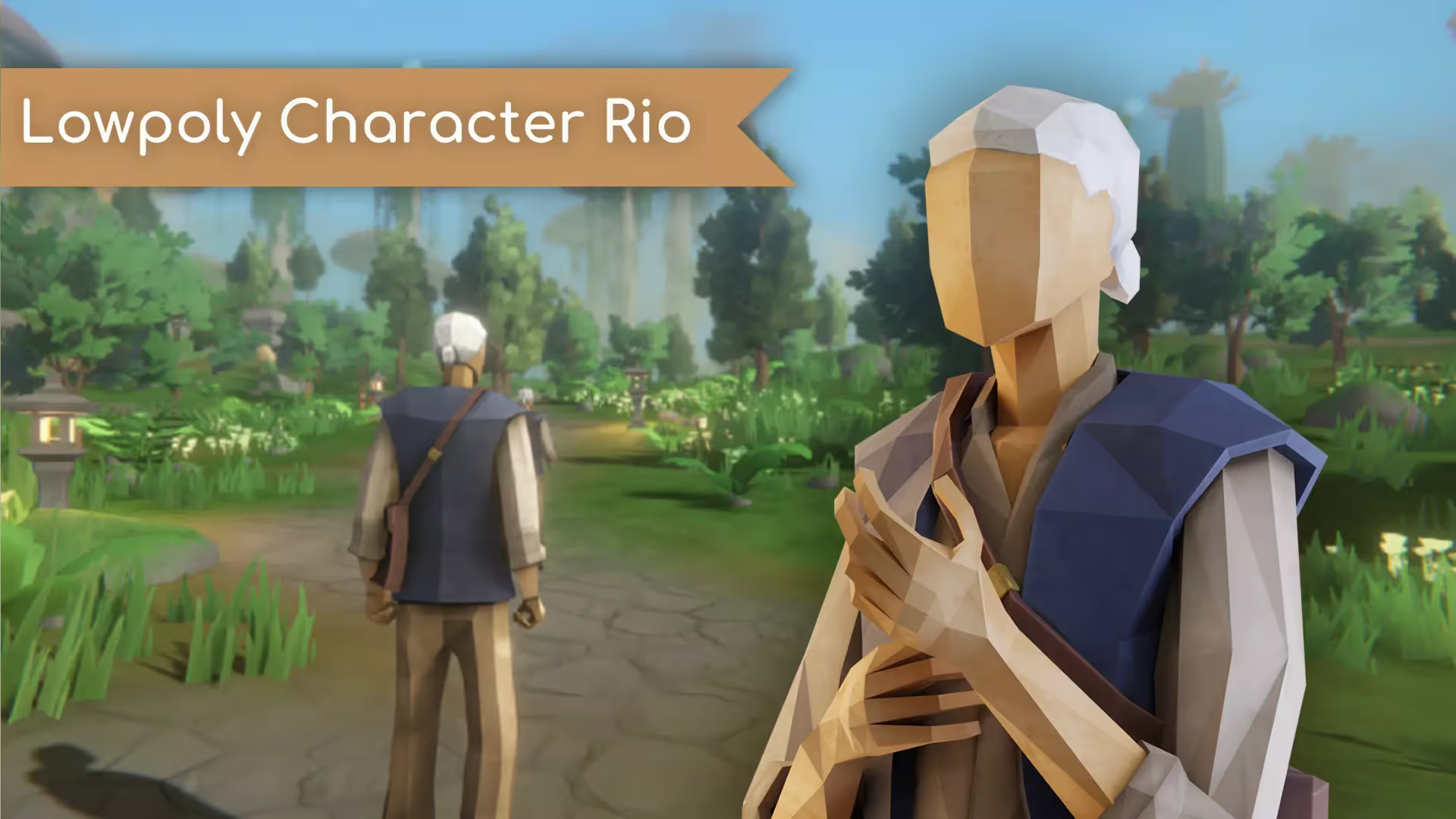


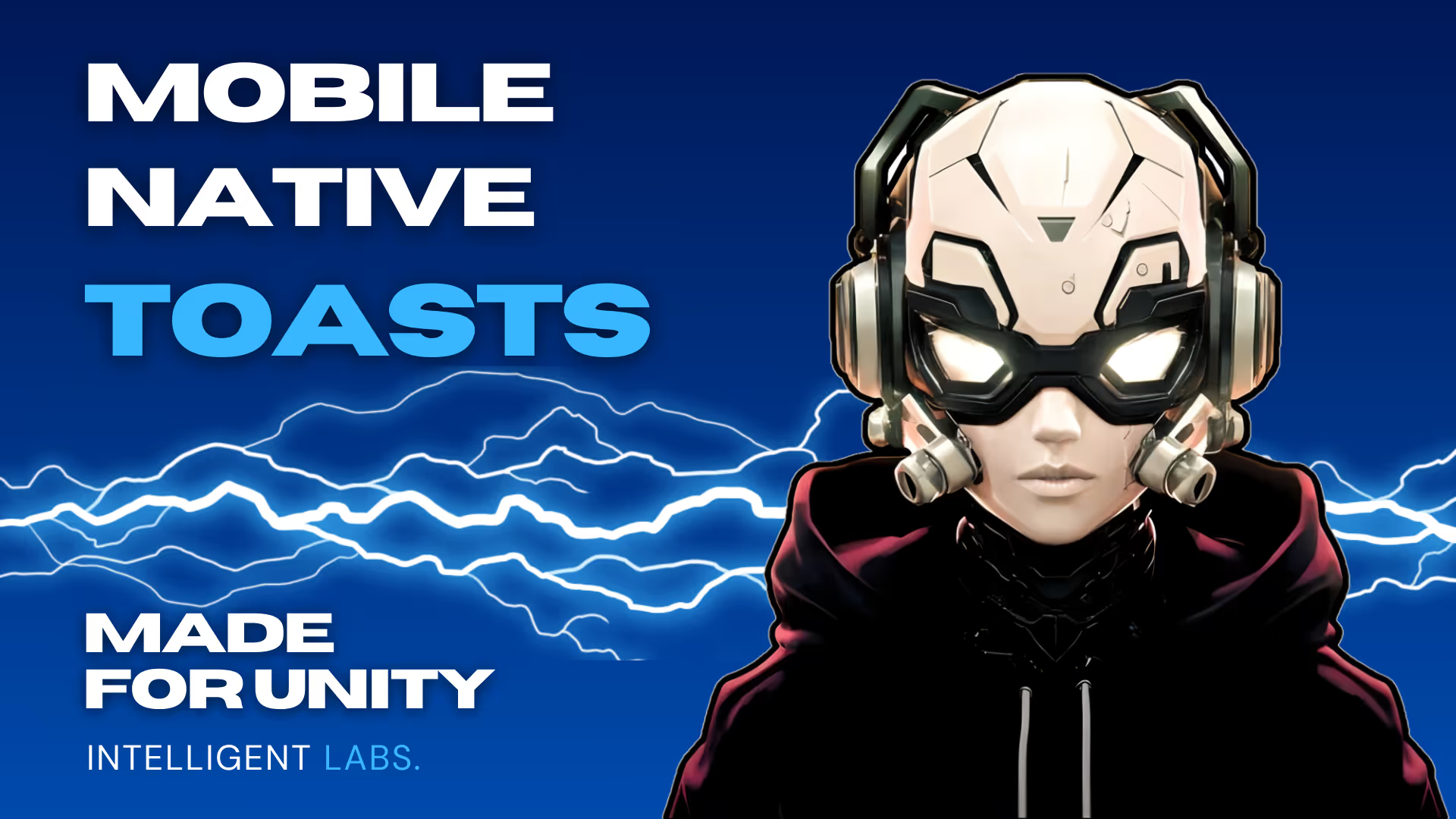
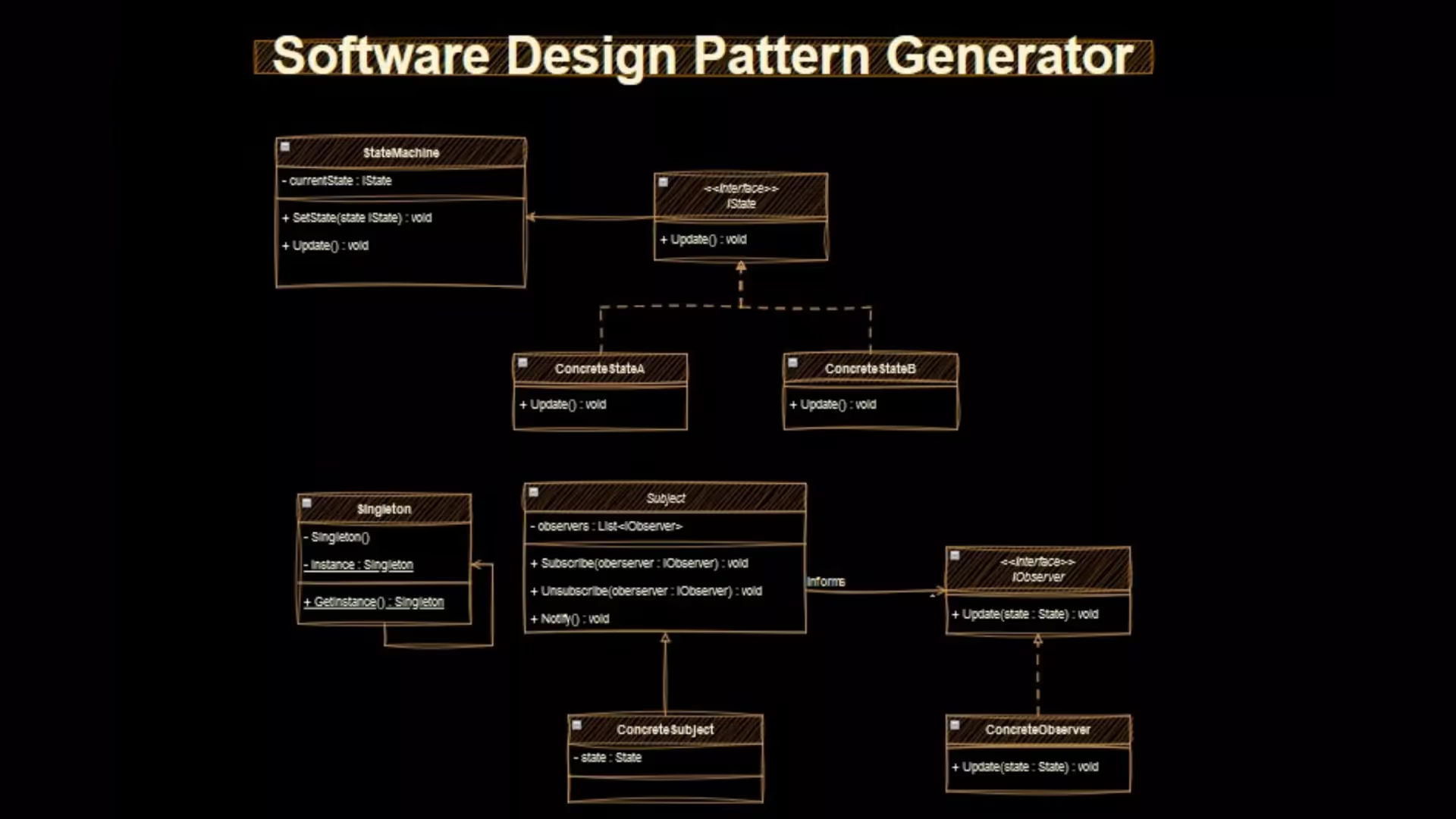


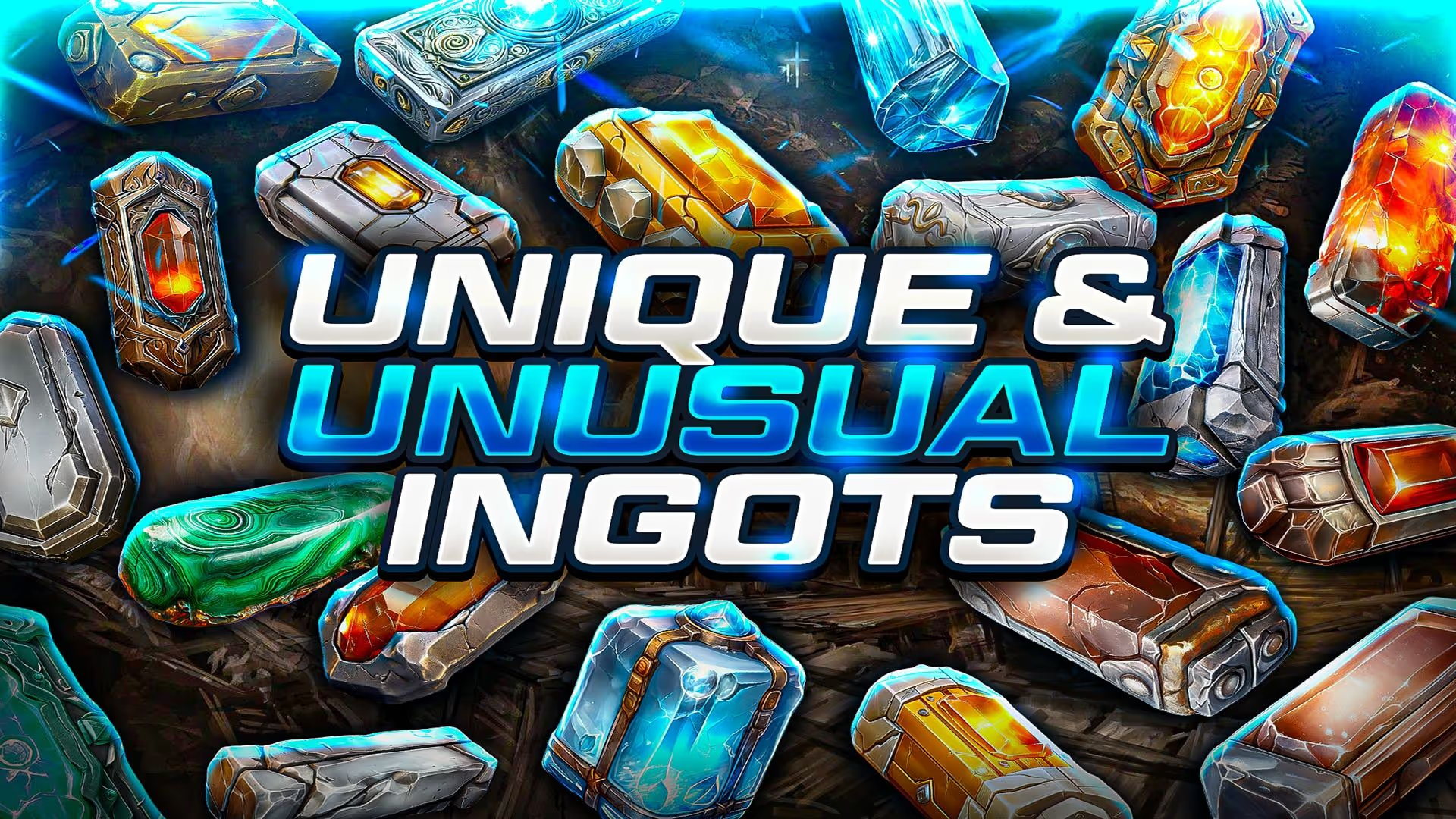

.avif)
.avif)
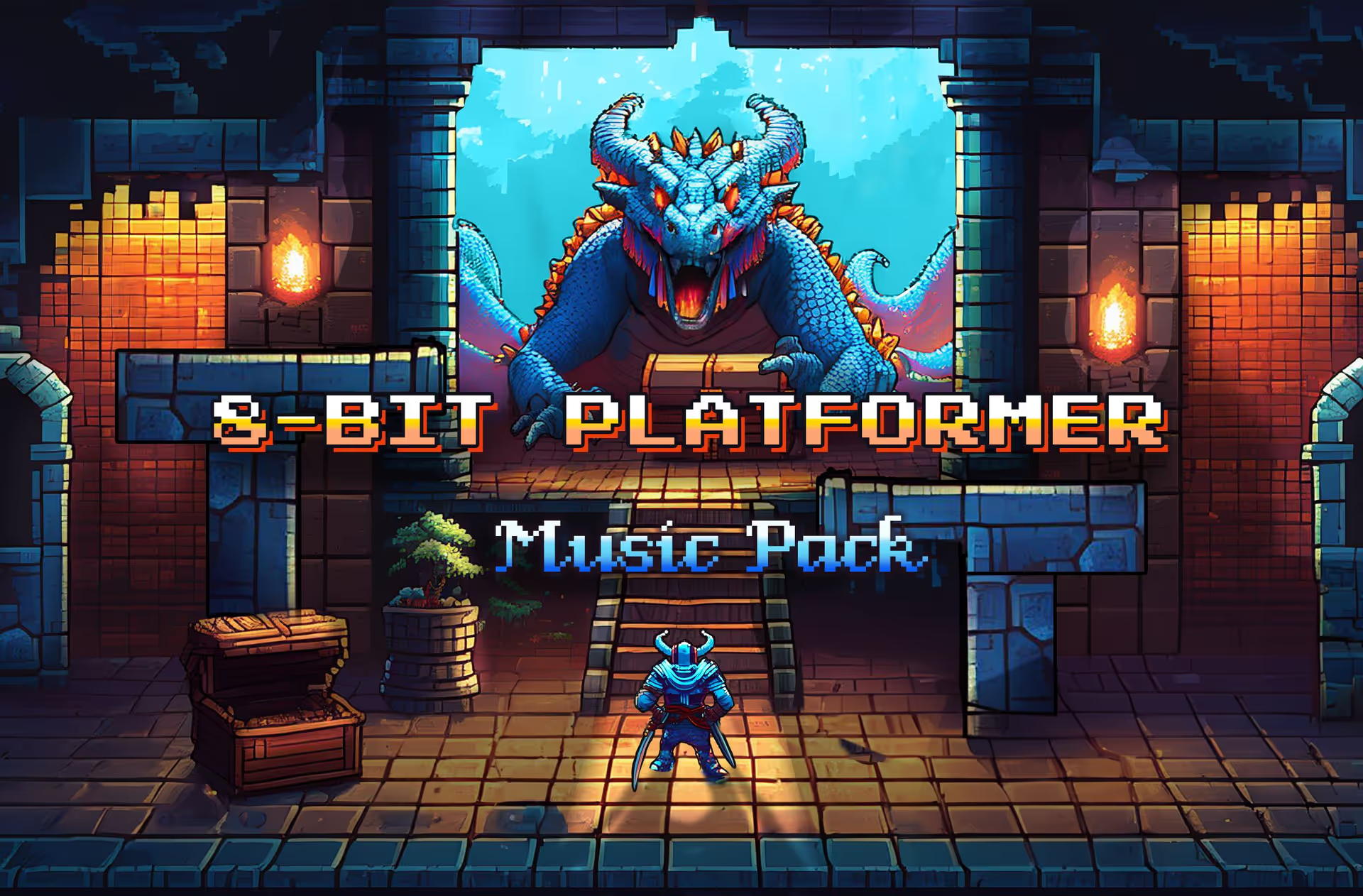
.avif)





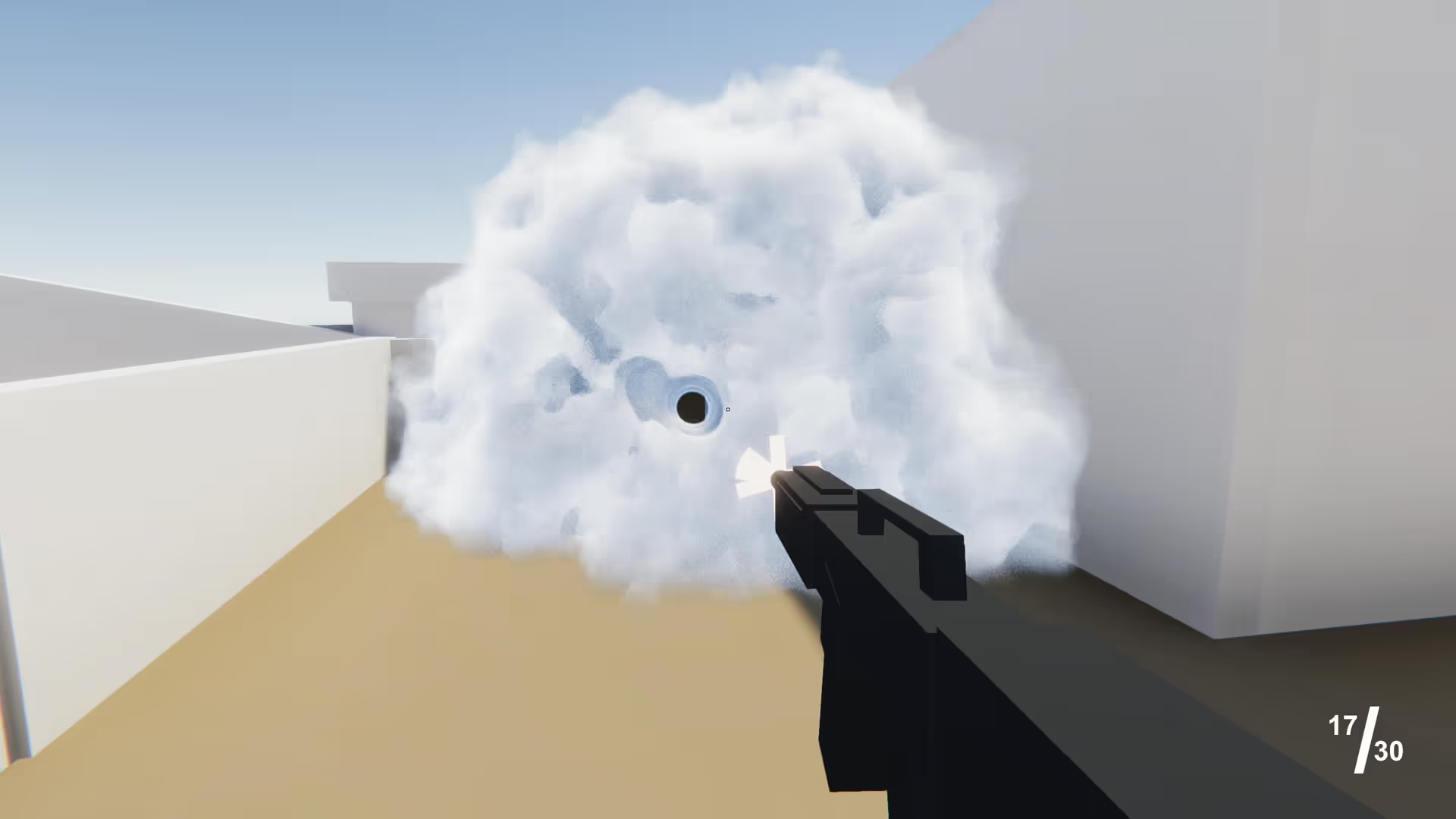
.avif)

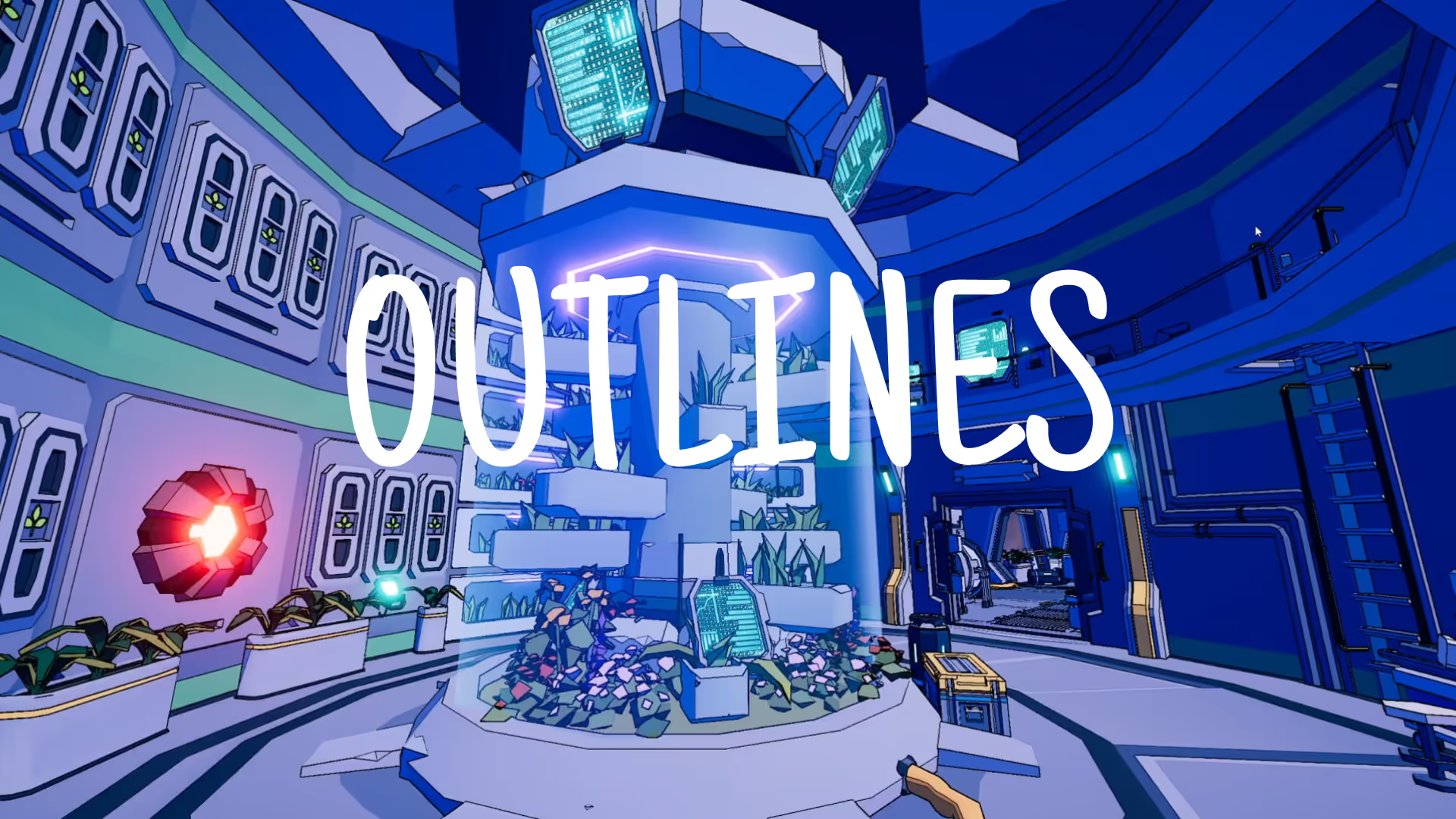

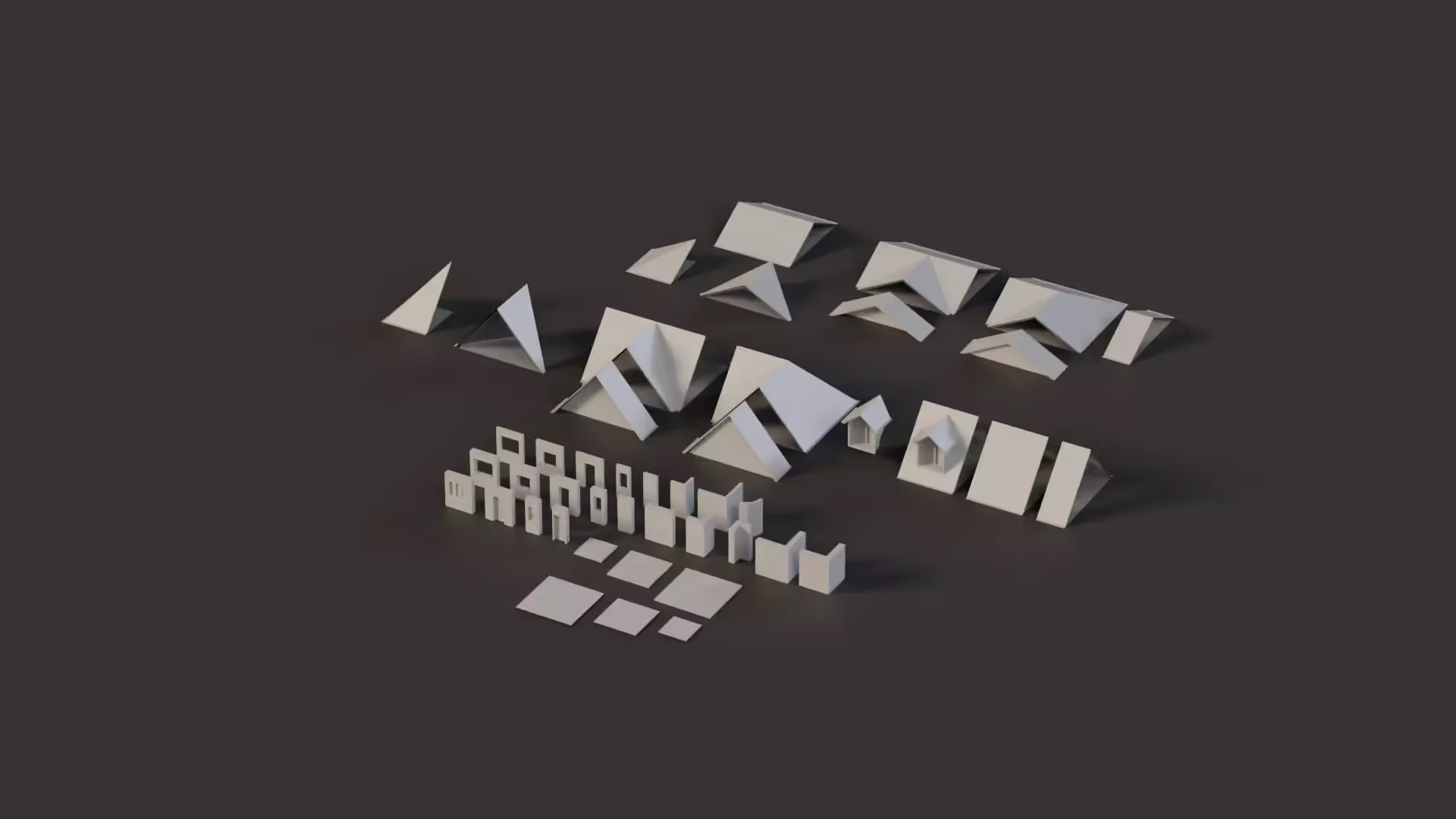
.avif)
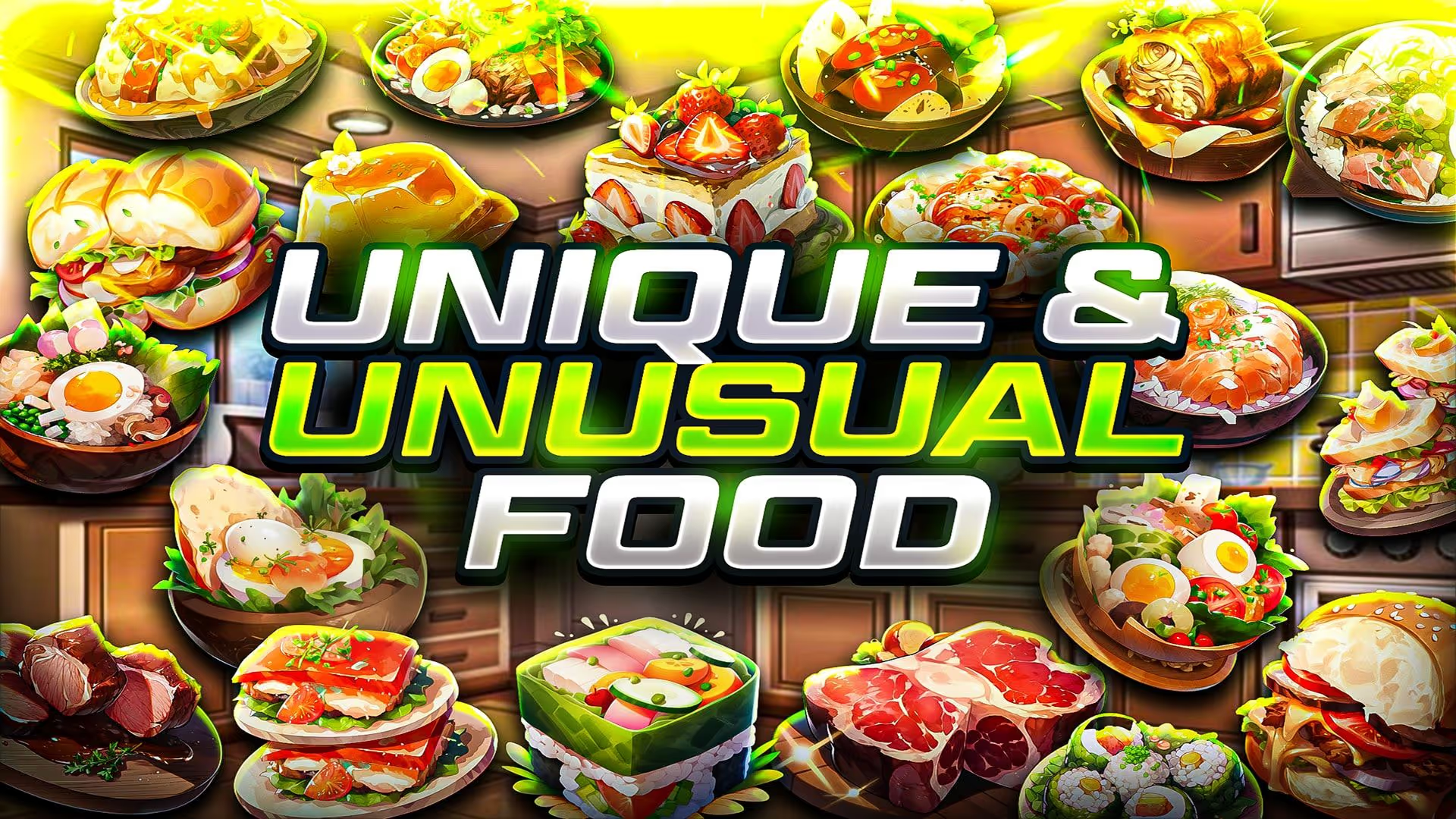
.avif)
